According to the regulations in the program to eliminate temporary and dilapidated houses, beneficiaries must have residential land and a certificate of land use rights in their name, the land is not in dispute, and is in accordance with the planning... However, in reality, there is a situation where many households do not have residential land, or some households live on agricultural land or forest land temporarily assigned by the local government. Therefore, they have not been granted red books and are stuck in the approval process for support under the program to eliminate temporary and dilapidated houses.
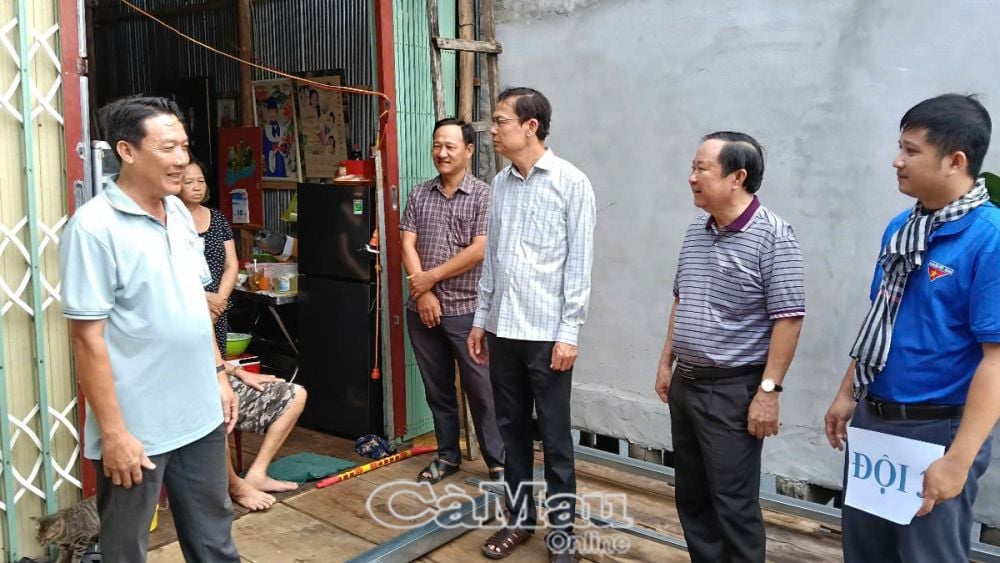
Mr. Luong Trong Quyen (third from right), Secretary of the Nam Can District Party Committee, inspected the demolition of temporary and dilapidated houses in Nam Can town.
Mr. Le Van Den, Trai Luoi B hamlet, Lam Hai commune, Nam Can district, said: "The land we are living on is planned as a protective forest. We have lived here for decades and have a residential area. This land is low-lying, and every year our crops do not produce good yields despite our best efforts. We hope that this land will be re-planned and we will be supported to stay here."
Living in the same hamlet of Trai Luoi B, Mr. Bui Van Cam said: “We hope the forest land will be transferred to the commune so that people can develop it, because we live on forest land and our lives are precarious. Shrimp farming has not been effective for the past few years.”
Mr. Le Van Doan, Con Cat hamlet, Lam Hai commune, shared: “According to regulations, permanent houses cannot be built on forest land. But we have lived here for decades, if we don’t build a house, how can we get rich? My family has just been approved for support for a house under this program, but we are still stuck with land procedures.”
Mr. Ngo Van Dien, Kinh Dao hamlet, Lam Hai commune, said: “The current regulation is that households and individuals are not allowed to build houses on agricultural land. Looking at my locality, I see this as inappropriate. We want to ask to build decent houses to feel secure in production and economic development. If we are not allowed to build, how can we have solid houses and feel secure in doing business, not to mention the upcoming rainy season which will affect our lives.”
It is known that in the whole province, there are 17 thousand households that have been contracted on forest land but are not allowed to build basic houses, but only build temporary camps to store tools for production.
Receiving feedback from the people, the representative of the People's Council of Nam Can district said that the immediate solution is that the district will assign the Department of Agriculture and Environment to review, as well as invite the Forest Management Board and the National Park Management Board to calculate a plan to solve the urgent needs in people's lives while still protecting the forest.
Mr. Bui Tu Hai, Deputy Director of the Department of Agriculture and Environment, said: “Regarding the opinions requesting to adjust the land area for protective forests in Lam Hai commune, Nam Can district, as well as requesting to build houses in the assigned area, we acknowledge and share the difficulties of the people here. However, this issue is clearly stated in the provisions of the law and the State. We propose that Nam Can district synthesize all the shortcomings and wishes of the people on this issue to review the areas specifically and clearly. If any area is actually suitable for economic development and serving the people's lives, the Department of Agriculture and Environment will advise and propose to the Provincial People's Committee”.
Regarding the issue of agricultural land and temporary areas for housing construction on forest land, at a meeting with voters, Mr. Dinh Ngoc Minh, Full-time member of the National Assembly's Economic and Financial Committee, said that the issue of eliminating temporary houses and dilapidated houses for households assigned land in forest land and agricultural land will be considered and reviewed, synthesized and presented to the National Assembly in the next session to find the most positive solution for the people.
According to Clause 3, Article 178 of the 2024 Land Law, which stipulates agricultural land used by individuals and communities, agricultural land users are allowed to convert the structure of crops and livestock to use land for multiple purposes as prescribed in Article 218 of this Law; and are allowed to use an area of land as prescribed by the Provincial People's Committee to build works directly serving agricultural production. In case of using rice-growing land, it shall be implemented according to the provisions of Article 182 of this Law. In addition, for temporary construction works, Article 131 of the 2014 Construction Law, amended by Clause 49, Article 1 of the 2020 amended Construction Law, stipulates: Temporary construction works are works built for a limited period to serve the purposes of constructing the main works and to organize events or other activities during the period specified in Clause 2 of this Article. For works specified in Point b, Clause 1 of this Article, the People's Committee of the province or district must approve the location, scale of construction and duration of the temporary works. Temporary construction works must be demolished when the main works of the construction investment project are put into operation or when the duration of the works expires.
Hoang Vu - Lam Khanh
Source: https://baocamau.vn/xoa-nha-tam-can-go-bat-cap-cho-ho-dan-duoc-khoan-dat-a38836.html









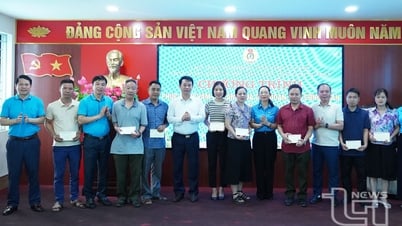
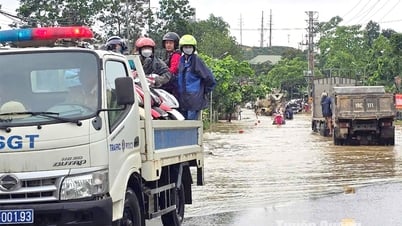

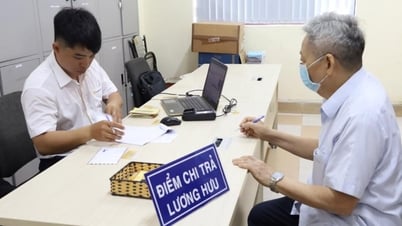
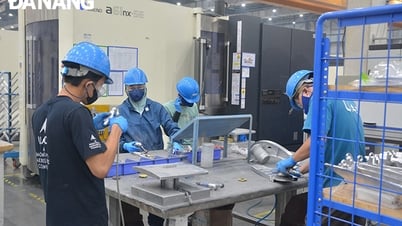




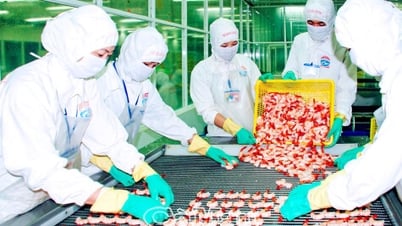
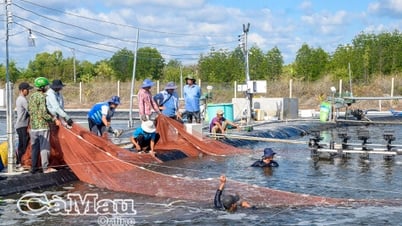
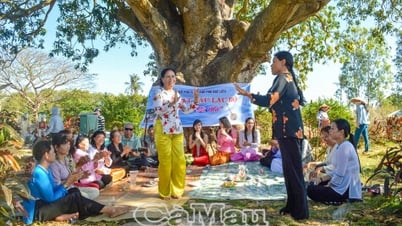

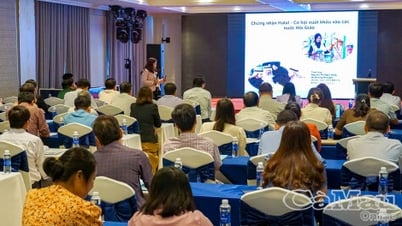
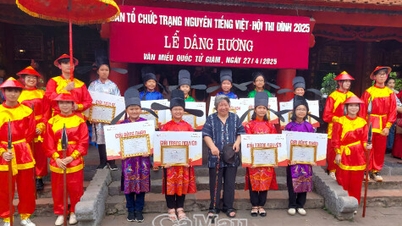
![[Photo] General Secretary To Lam meets with Chairman of the Federation Council, Parliament of the Russian Federation](https://vphoto.vietnam.vn/thumb/1200x675/vietnam/resource/IMAGE/2025/5/10/2c37f1980bdc48c4a04ca24b5f544b33)
![[Photo] Ho Chi Minh City: Many people release flower lanterns to celebrate Buddha's Birthday](https://vphoto.vietnam.vn/thumb/1200x675/vietnam/resource/IMAGE/2025/5/10/5d57dc648c0f46ffa3b22a3e6e3eac3e)













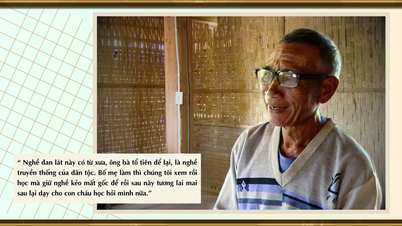

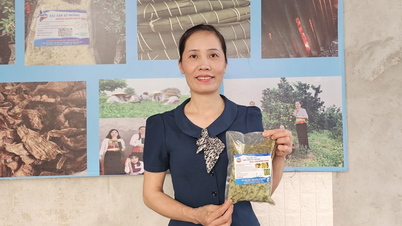



























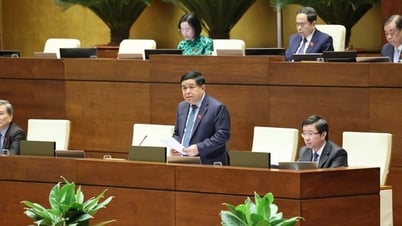

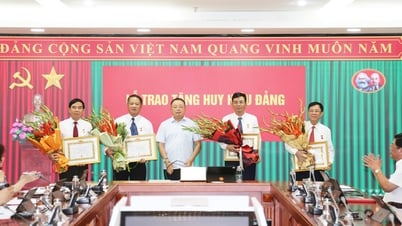

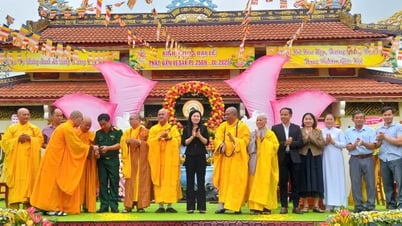

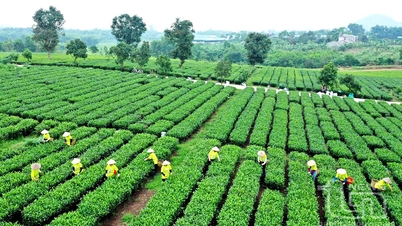



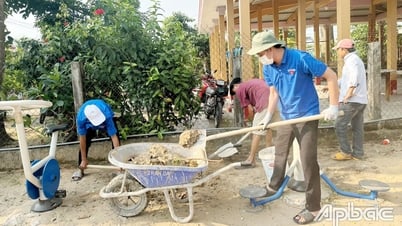












Comment (0)